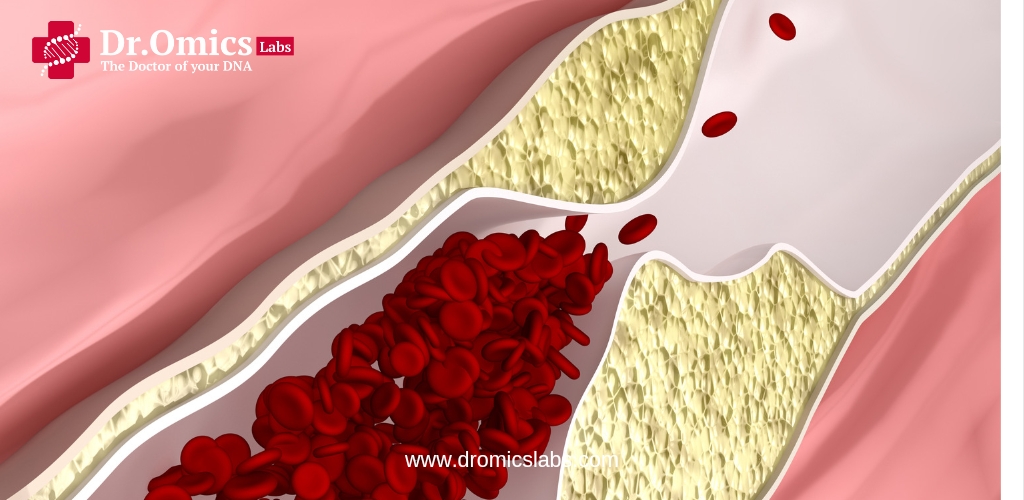Cardiovascular disease (CVD) remains a global health threat, claiming millions of lives each year. But what if we could predict our risk and take preventive action before symptoms even arise? This is the exciting promise of cardiogenomics, a rapidly evolving field that uses genetic information to understand and prevent heart disease.
What is Cardiogenomics?
Cardiogenomics combines cardiology (the study of the heart) with genomics (the study of genes and DNA). By analyzing your genetic makeup, doctors can identify variations (polymorphisms) associated with an increased risk of developing CVD. This personalized approach allows for:
Early Risk Stratification: Identify individuals at high risk for CVD, even if they have no current symptoms.
Targeted Prevention Strategies: Develop personalized plans to lower risk, such as diet modifications, exercise regimens, or specific medications.
Improved Treatment Decisions: Personalize treatment plans for existing heart conditions based on individual genetic profiles.
Benefits of Cardiogenomics for Disease Prevention
While cardiogenomics is still evolving, it offers significant potential for preventing CVD:
Proactive Approach: Shift focus from treatment to prevention, allowing individuals to take control of their heart health.
More Precise Risk Assessment: Move beyond traditional risk factors like cholesterol and blood pressure for a more comprehensive picture.
Personalized Interventions: Develop tailored strategies to address individual risk profiles, potentially leading to more effective prevention.
Who Can Benefit from Cardiogenomics?
Cardiogenomics testing may be particularly valuable for:
- Individuals with a family history of CVD
- People with existing risk factors like high blood pressure or cholesterol
- Those concerned about their long-term heart health
The Future of Cardiogenomics
As research in cardiogenomics progresses, we can expect even greater advancements:
Identification of New Risk Factors: Discovery of additional genetic variations linked to CVD susceptibility.
Development of Personalized Therapies: Creation of targeted medications and treatment plans based on genetic profiles.
Improved Risk Prediction Models: More accurate tools to predict individual risk for developing heart disease.
Taking Charge of Your Heart Health
Cardiogenomics holds immense promise for preventing CVD and promoting lifelong heart health. While genetic testing isn’t currently recommended for everyone, talking to your doctor can help you determine if it’s right for you.
A healthy lifestyle remains crucial for heart health, regardless of your genetic makeup. Cardiogenomics is a powerful tool, but it should be used in conjunction with traditional risk assessment methods.By understanding your genetic predisposition and taking proactive steps, you can empower yourself to create a future free from heart disease.




